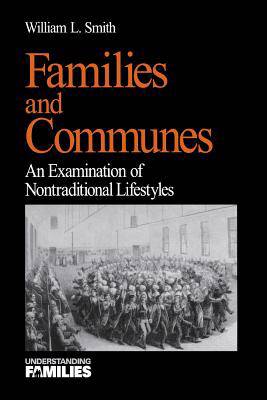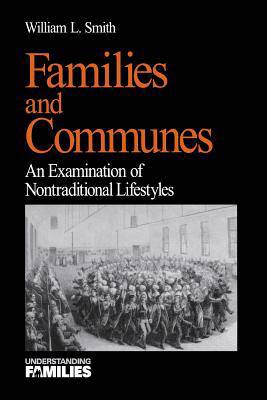
- Retrait gratuit dans votre magasin Club
- 7.000.000 titres dans notre catalogue
- Payer en toute sécurité
- Toujours un magasin près de chez vous
- Retrait gratuit dans votre magasin Club
- 7.000.0000 titres dans notre catalogue
- Payer en toute sécurité
- Toujours un magasin près de chez vous
160,45 €
+ 320 points
Description
This book focuses specifically on the role of the family in communal life. Communal groups are one type of nontraditional families, some communes are predisposed to families while others are not and some communal families can be replacements or substitutes for nuclear families. Historic communal groups such as Shakers, Oneida, Amana, and the Mormons are investigated as are contemporary rural and urban communal groups such as Twin Oaks, Jesus People USA, and the Hutterites.
Spécifications
Parties prenantes
- Auteur(s) :
- Editeur:
Contenu
- Nombre de pages :
- 176
- Langue:
- Anglais
- Collection :
- Tome:
- n° 18
Caractéristiques
- EAN:
- 9780761910749
- Date de parution :
- 27-08-99
- Format:
- Livre broché
- Format numérique:
- Trade paperback (VS)
- Dimensions :
- 153 mm x 229 mm
- Poids :
- 244 g

Les avis
Nous publions uniquement les avis qui respectent les conditions requises. Consultez nos conditions pour les avis.






